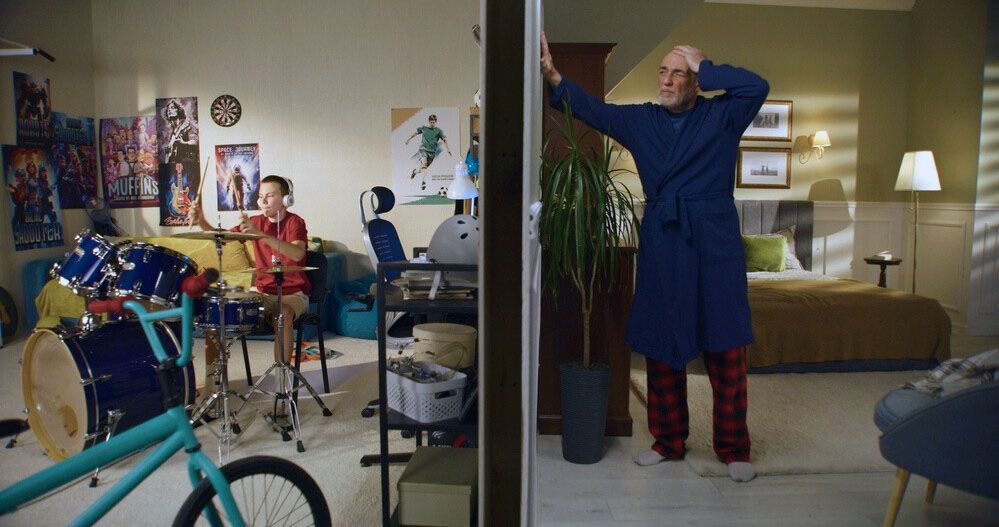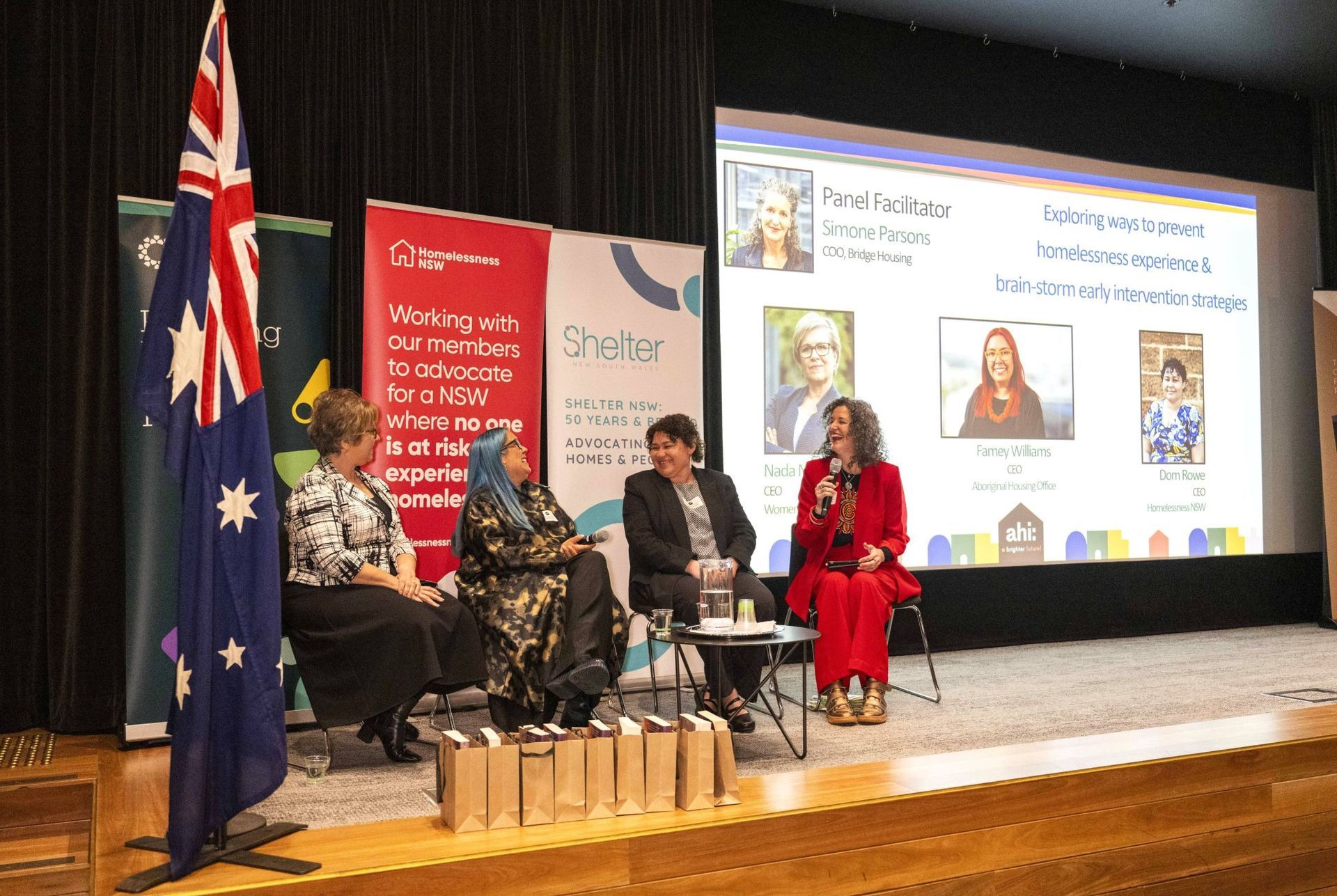Jo Leckie
Big Picture Training
Customer satisfaction in the community housing sector is often heavily influenced by the way an organisation manages neighbour disputes and anti-social behaviour (ASB) issues.
In my role as Principal Consultant at Big Picture Training, I’ve assisted several housing organisations in Australia and the UK to impartially review the way they manage service complaints. I’ve found that ASB case-handling impacts satisfaction in a general sense and is often key in determining both whether a customer feels safe in their home and whether their landlord is listening to them.
Triaging and managing ASB reports is a difficult and often frustrating task. Knowing the difference between a neighbour dispute and anti-social behaviour (ASB), having the tools to manage both issues with confidence, can make the difference between service excellence and a service complaint.
"Not all reports of ASB are ASB; some are neighbour disputes, lifestyle issues and sometimes even family violence."
Not all reports of ASB are ASB; some are neighbour disputes, lifestyle issues and sometimes even family violence. On further investigation, some reports that appear to be minor are something more sinister. ASB and neighbour disputes can also have a devastating impact on the lives of those affected.
I was chatting to Janine Green, the author of Effective ASB Case Management Principles: a guide for social housing providers, last week, and she said, “When managing ASB reports, we should adopt a harm-centred approach. It is particularly important when deciding how serious a case is and what the best course of action should be. No two cases are the same when it comes to ASB reports.
Successfully navigating a report of ASB requires a varied skillset – really strong emotional intelligence; excellent communication skills; curiosity; brilliant end-to-end problem-solving; the ability to build evidence, to investigate a case, to negotiate, and to manage expectations. Officers can’t shy away from having difficult conversations and need to demonstrate empathy, compassion and respect.
When I moved over to Australia from the UK in 2017 and started working as a general manager for a housing provider in Victoria, I was immediately struck by the differences between the way housing providers in the UK manage ASB reports, often called 'neighbour nuisance complaints'.

As part of their research into ASB (Can effective housing management policies address anti-social behaviour?), AHURI interviewed housing staff from two focus areas in South Australia and Tasmania. All the housing staff interviewed emphasised that an individual, more personal approach to addressing anti-social behaviour worked best. This meant working directly with tenants engaged in anti-social behaviour, assessing the nature of the problem, referring on to appropriate agencies and generally taking an interest in what was happening in the community.
The housing managers and police interviewed as part of the research stressed the importance of collaboration between their agencies, including informal collaboration and formal contact.
What I found when I started working in Australia was that the opposite was true. Interagency collaboration is difficult and sometimes non-existent, and staff are caught like rabbits in the headlights, often treating neighbour disputes as ASB, inappropriately enforcing the RTA on victims of family violence, and raising renter’s expectations that action will be taken when in fact there is no tenancy breach and progressing to Tribunal would be a fruitless task.
I was immediately reminded of the Fiona Pilkington case in the UK. Fiona Pilkington lived on a well-maintained housing estate in Barwell in the UK with her family – a son called Anthony and her 18-year-old daughter Frankie who had a mental age of four.
"Over a 10-year period, Fiona [Pilkington] made 33 reports of ASB... There was a failure by the police, local MP and local council to see a connection between all of these crimes and misdemeanors."
Over a 10-year period, Fiona made 33 reports of ASB. In this case, there was a failure by the police, local MP and local council (also the public landlord of the estate) to see a connection between all of these crimes and misdemeanors. They failed to fully appreciate the impact that this victimisation and intimidation was having on Fiona and her family. No action was taken. Each incident was treated as an individual occurrence.
On 23rd October 2007, two bodies were found in a blazing car on a quiet road. They were Fiona Pilkington and her disabled daughter Frankie. Fiona had been pushed to the point of despair and saw suicide as her only recourse.
The outcome of the inquest and the subsequent investigation carried out by the independent police complaints commission found that the various authorities contributed to the deaths – notably, the failure of officers to connect the dozens of separate calls for assistance. This case changed the law and the way that agencies in the UK, including social housing providers, manage anti-social behaviour complaints.
In his recent Spotlight on Noise Complaints, the Independent Housing Ombudsman in the UK called on housing providers to take steps to differentiate ASB from other types of nuisance and ensure that not only do their policies reflect the difference but that those managing reports of ASB demonstrate appropriate behaviours and respond professionally.
Big Picture Training are working in partnership with Janine Green ASB & Associates to bring a flagship training program to Australia, designed to 'PAVE' the way for service excellence and provide a toolkit for ASB case management (PAVE is an acronym for the steps required to differentiate ASB from a neighbour dispute or another issue such as family violence).
We hope, by bringing our wealth of experience to the table through this training program and impartial service reviews, we can help housing providers in Australia to upskill and support their teams to successfully navigate what can often be a housing management minefield.
Ultimately, we want to avoid a situation like the Fiona Pilkington case happening in Australia and New Zealand.


We acknowledge the Wathaurong, Yuin, Gulidjan, and Whadjuk people as the traditional owners of the land where our team work flexibly from their homes and office spaces. The AHI recognises Aboriginal and Torres Strait Islander peoples as the first inhabitants of Australia and the traditional custodians of the lands where we live, learn and work. We acknowledge Māori as tangata whenua and Treaty of Waitangi partners in Aotearoa New Zealand.
Copyright © 2026 Australasian Housing Institute
site by mulcahymarketing.com.au